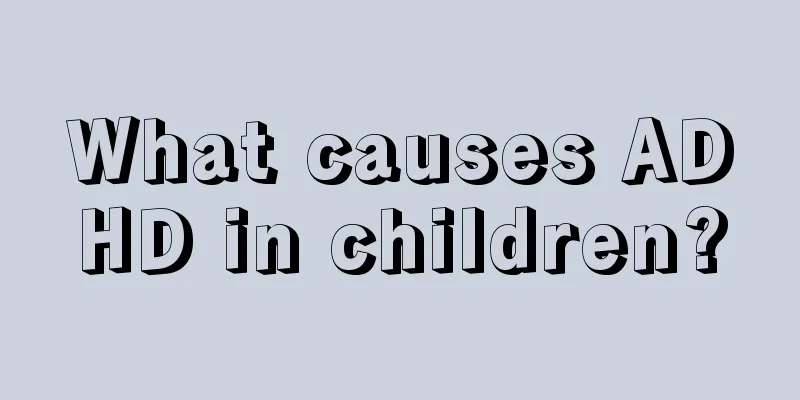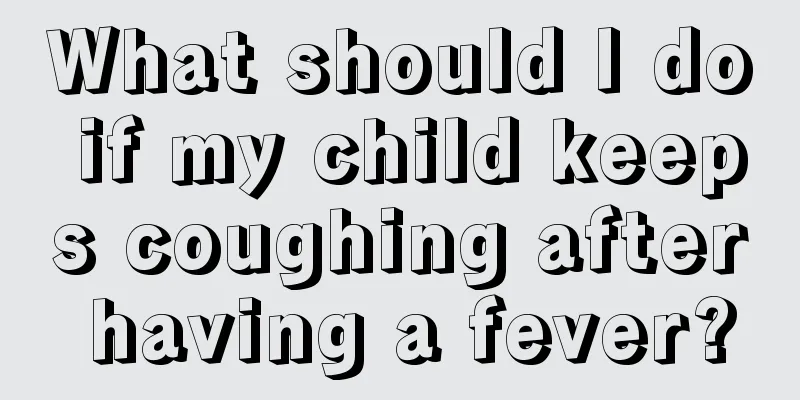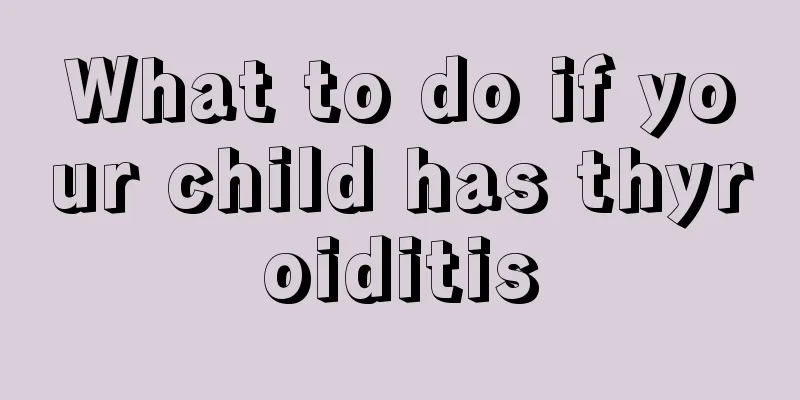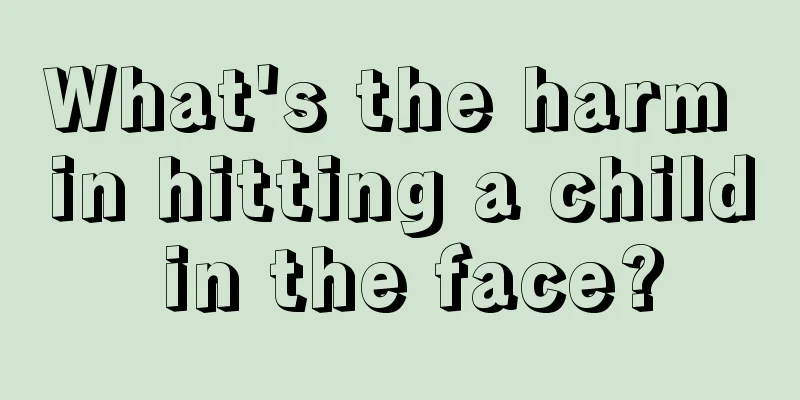What causes ADHD in children?

|
Nowadays, many children like to move around, and most parents think that their children suffer from ADHD. In fact, it is normal for children to be hyperactive. But if a child's hyperactivity affects his study and life, it is true ADHD. Many parents are very distressed about their children having ADHD. So what causes ADHD in children? What are the reasons? ADHD, hyperkinetic syndrome of childhood is a common behavioral problem in children, also known as minimal brain dysfunction (MBD) or attention deficiency disorder (ADD). Children of this type have normal or basically normal intelligence, but have defects in learning, behavior, and emotions. They have difficulty concentrating, short attention span, excessive activity, and impulsive emotions that affect their academic performance. They have difficulty getting along with others at home and at school, and make daily life difficult for parents and teachers. Genetic factors (20%): The blood brothers and fathers of the affected children often show signs of hyperactivity or inattention; the incidence of the disease in monozygotic twins is as high as 51% to 64%; there are also many relatives suffering from alcoholism, antisocial personality disorder and hysteria. Environmental factors (30%): The influence of social, family, and psychological factors, such as poor social environment or family conditions (broken families, economic poverty, crowded housing, parents with bad personalities, alcoholism, drug abuse, mental illness, etc.), can all become triggers of the disease and affect the development of the disease and prognosis. Other factors (20%): Nutritional problems, vitamin deficiencies, food allergies, food flavorings or added artificial colors may make children more susceptible to ADHD. There may be different reasons for ADHD in children. It is generally believed that mild brain damage before, during or after birth is an important factor, which is mainly related to brain trauma, poisoning, etc. Some people believe that urban environmental pollution and clinically asymptomatic mild lead poisoning may also be one of the causes. Recent investigations and studies have found that the incidence of certain mental illnesses such as alcohol poisoning and morbid personality among biological parents is higher than that in the control group, and parents of children with ADHD are more likely to have a history of ADHD in childhood. The incidence of siblings of children with ADHD is three times that of the control group, and affective psychosis is also common. In addition, the fathers of children with ADHD are more likely to have antisocial personality traits or alcohol dependence, and the mothers to have hysteria. The adult relatives of children with ADHD who have conduct disorder have higher rates of personality disorder, alcohol addiction, and hysteria. Studies on adopted children have also found that the biological parents of children with ADHD have significantly higher rates of antisocial personality, alcohol dependence, and hysteria than their adoptive parents or the parents of children in the control group. There are also more parents with a history of ADHD and conduct disorder in their childhood and with mental disorders. The incidence of ADHD in monozygotic twins is higher than that in dizygotic twins, and the incidence in siblings is about five times that of half siblings, suggesting that mild brain dysfunction in some children may have a certain effect on genetic factors, affecting the psychological development of children, and the cause of the disease has not been found for many children. Generally speaking, children's ADHD is closely related to genetic reasons, social factors and other factors. When a child becomes hyperactive, parents must be patient enough to help the child develop good habits. In addition, it is necessary to take the child to the hospital for examination and treatment in time. The treatment of ADHD requires a stage and cannot be cured all at once. Sufficient patience and carefulness are required. |
<<: Is it really good to bathe your child every day?
>>: What medicine is effective for neonatal jaundice
Recommend
Diseases that children are susceptible to during the four stages of development
Neonatal period Various congenital diseases may o...
Treatment for abdominal pain and vomiting in children
We know that children's organs are not yet fu...
Causes and treatment of jaundice in infants
Some babies will show symptoms of high bile conte...
What should I do if my two-month-old baby has diarrhea?
Because the baby is too young, all organs in the ...
Can children sweat steam?
Many people know that steaming is very good for o...
Is it dangerous if the baby has a fever of 39 degrees?
Everyone must be familiar with the disease of fev...
Why does the baby cry even though he is full?
When taking care of the baby, the most distressin...
What should I do if my child has purpura?
Purpura is a disease with a relatively high incid...
What to do if a 6-year-old child has a hunchback?
Many people think that it is impossible for a chi...
Can dexamethasone be used in children?
Dexamethasone is a common drug in daily life. It ...
Is it normal for a child to be sleepy when having a fever?
Children have relatively poor resistance, so it i...
When do children lose their teeth?
Every parent hopes that their children can have w...
How to treat amblyopia in children with low-power helium-neon laser irradiation
Many people do not know about the treatment metho...
What are the symptoms of rickets in children?
The growth of children is the future of the mothe...
Reasons for shortness of breath in 1-year-old baby
The breathing rates of adults and children are ac...









